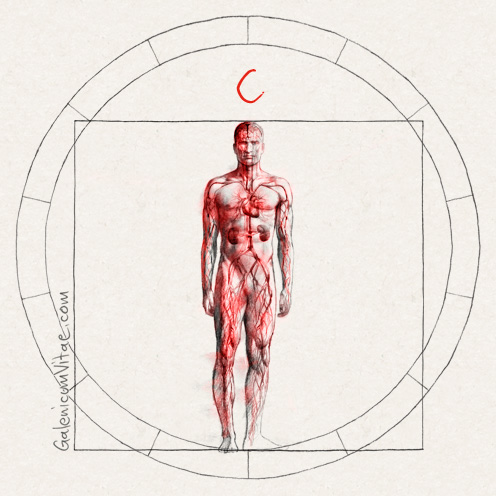Atherosclerosis is a type of arteriosclerosis (hardening and loss of elasticity of arteries that happens when people get older).
Risk factors such as age, tobacco, hypertension, diabetes mellitus, hypercholesterolaemia, and family history of premature vascular disease, causes narrowing of the arteries from childhood and through the years.
Prevention. Avoid tobacco, eat a healthy diet, exercise regularly, avoid salt and sugars in food, avoid being overweight; these are the best remedies for prevention.
Maintain the appropriate weight and exercising every day (30 minutes minimum) are recommended.
Treatment. There are some drugs for managing it. In the case of arterial obstruction, there are invasive methods of revascularization.
Atheroma (or plaque) is an accumulation of fibres and lipids (fats), usually cholesterol, on the inner walls of arteries that forms plaque which reduces the lumen of the artery and blood flow and may eventually cause the death (infarction) of tissue that receives blood from the aorta.
When the blood contains too much LDL or "bad" cholesterol, it begins to accumulate on the walls of the arteries forming plaque and HDL or "good" cholesterol cannot remove all the "bad" cholesterol that accumulates. Thus, the process of atherosclerosis starts. When plaque builds up in the coronary arteries that supply the heart, there is an increased risk of heart attack. If it occurs in the arteries of the neck or brain, it increases the risk of stroke, and if this happens in the arteries of the lower limbs, what is known as intermittent claudication appears.
For more information visit:
Atherosclerosis
http://www.heart.org/HEARTORG/Conditions/Cholesterol/WhyCholesterolMatters/Atherosclerosis_UCM_305564_Article.jsp
Focus on atherosclerosis
https://www.bhf.org.uk/heart-matters-magazine/medical/atherosclerosis

 Digestive
Digestive  Blood
Blood Cardiovascular
Cardiovascular Dermatology
Dermatology Genitourinary,
Genitourinary, Hormones
Hormones Infections
Infections Oncology and
Oncology and Musculo-skeletal
Musculo-skeletal Mental health and
Mental health and Parasites
Parasites Respiratory
Respiratory Senses
Senses Various
Various




